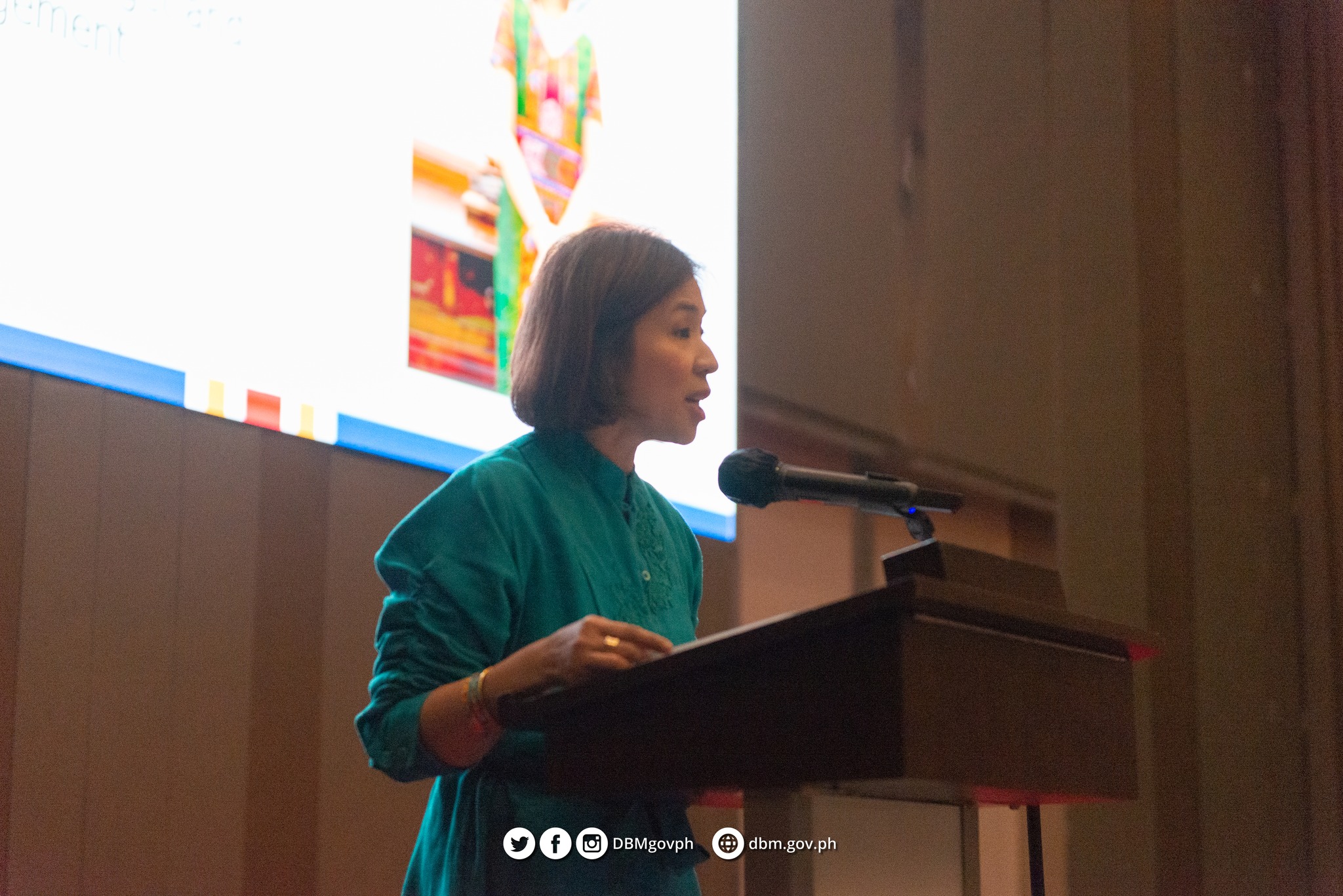
World Bank Country Director Ndiamé Diop, Operations Manager Achim Fock, Practice Manager for Governance Patricia McKenzie, and Senior Governance Specialist Davit Melikyan; to all officials here and esteemed guests…A pleasant morning to you all.
Assalamu alaikum wa Raḥmatullahi wa Barakatuh.
Before anything else, I would like to personally thank our friends from the World Bank—your work and dedication have such a great impact on our beloved Philippines.
To our fellow government officials and employees from the implementing and oversight agencies, thank you for being our partners in ensuring economic growth and achieving our Agenda for Prosperity.
Incidentally, Mr. Diop and I were just together in Washington, D. C. for the World Bank-IMF Spring Meetings 2023 and at the Philippine Economic Briefing last April 12, we were delighted to hear him share this forecast—and I quote—“Within two years, projection shows that this country will reach above middle-income status. When we get there, the country can look back and be very proud of what was accomplished.”
This optimism—based on data on the sound economic performance and policies of the Philippines—inspires us to do better for our citizens. Thank you for the confidence. We assure you that we will continue to work hard to meet our economic targets.
As you may know, the Philippines' projected real Gross Domestic Product (GDP) for 2023 ranks highest in the ASEAN region according to the latest World Economic Outlook of the International Monetary Fund (IMF). With the real GDP projection raised to 6.0 percent from 5.0 percent in January, the Philippines surpassed other Asian countries, such as Vietnam at 5.8 percent, China at 5.2 percent, and Indonesia at 5 percent.
It is incumbent upon us to ensure that this projection is realized, even exceeded, and so we are here today.
In the past few days, we deepened our understanding of our partnerships on Foreign Assisted Programs (FAPs). Given that it is an important component of our country’s development, it is our responsibility to ensure that we are well-informed of its intricacies, that we are familiar with the steps involved in project implementation and monitoring, and that we are able to craft a report regarding the project.
And this event is just the beginning. The execution phase is the most crucial aspect of FAPs. We hope that through this event, you now have a clearer view of what is ahead of us. It will not be easy because of the weight of the projects including the Bureau of Customs’ Modernization Project, the Digital Infrastructure Project, the Teacher Effectiveness and Competencies Enhancement Project, and the Civil Service Modernization, among others. But as we see these projects come to life, it will certainly be fulfilling.
As we synergize our capabilities, we can accomplish even more.
In order to fully maximize our partnerships, we need to be aligned. And so let us streamline our efforts and engage in clear communication with the oversight agencies, namely, the Office of the President, the Department of Finance, the Bangko Sentral ng Pilipinas, the National Economic and Development Authority, the Bureau of the Treasury, the Commission on Audit, and of course, the Department of Budget and Management.
On our end at DBM, rest assured that we are always ready and committed to ensuring a stronger and smoother implementation of FAPs in the government. Through our Advocacy, Communications, and Training Service (ACTS), we will also launch a microsite that will serve as a repository of FAPs-related materials for the benefit of implementing and oversight agencies, as well as our partners and stakeholders.
I look forward to all of us working together in pursuit of economic transformation towards inclusivity and sustainability. May our programs uplift the quality of life at the grassroots level. May we always persist in public service, keeping in mind that everything we do—big or small—is for the Filipino people.
Once again, let me thank the World Bank for being a consistent and generous partner of the Philippine Government. We are one with you in working for both national and global development to ensure the welfare of every individual regardless of race, age, gender, and socioeconomic standing.
Now, let us all work hard and work together towards the Philippines reaching above middle-income status in two years, as projected by the World Bank itself. And may we see the positive fruition of our learning and implementation in the lives of every Filipino.
Thank you. Wabillahi Tawfiq Wal Hidaya, Wasalamu alaikum wa rahmatullahi wa Barakatuhu.

